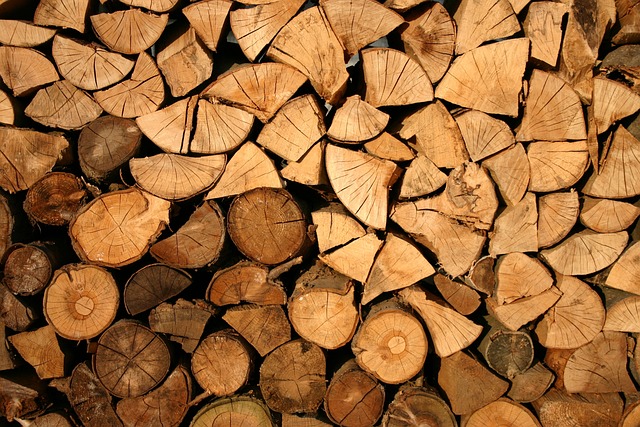The issue of deforestation looms large on the global stage, yet it often remains shrouded in a veil of secrecy and misinformation. The lack of transparency in deforestation practices not only affects the regions richest in biodiversity but also deeply impacts local communities, climate stability, and global ecological health. This blog post seeks to peel back the layers of opacity that envelop this critical issue.
When we think about deforestation, images of sprawling industrial plantations or bulldozed forests might come to mind. However, the journey from forest to product is rarely straightforward. For many consumers, the ingredients in everyday products – from chocolate to paper – are often harvested from sources that contribute to deforestation. Tragically, these practices frequently occur without the knowledge or consent of the people living in and around those affected areas.
One primary consequence of the lack of transparency is the widespread destruction of habitats that many species rely on. Endangered animals, plants, and entire ecosystems lay in the balance as companies exploit forests without taking responsibility for the consequences. The information about where and how these products are sourced is often unavailable to consumers, making it nearly impossible for them to make informed choices. This leaves not only a gaping hole in the supply chain but also a troubling ethical dilemma for those who care about the environment.
Moreover, communities that depend on these forests for their livelihoods face dire repercussions. Many indigenous groups have reported a complete disregard for their ancestral rights and knowledge, as companies prioritize profit over people. The lack of transparency manifests in land grabs and exploitation, driving people from their homes and eroding centuries of cultural practices tied to the land.
The fight against deforestation isn’t merely about protecting trees; it’s about demanding accountability from corporations and advocacy for the communities at risk. To address this pressing concern, there is a growing call for sustainable practices and certification systems that prioritize transparency. By supporting brands that are open about their sourcing, consumers can help shift the paradigm and push for a future where every product is closely linked to responsible environmental stewardship.
In addition, technological advancements are now enabling greater traceability in supply chains. Blockchain technology, for example, has the potential to track the origins of various products, creating a platform for accountability. When consumers can see the entire journey of their purchases, they can make choices that align with their values and support sustainability.
It is crucial for citizens worldwide to advocate for clearer regulations and to hold companies accountable for their environmental impact. Grassroots movements and awareness campaigns play a vital role in this process, igniting conversations about the significance of transparency and what it can achieve for both the planet and its people. Both individual action and collective movements are keys to bringing the hidden challenges of deforestation into the light.
As we journey through an era of increasing climate awareness, let us not overlook the power we possess as informed consumers. Demand transparency, support sustainable practices, and stand against the lack of transparency that allows deforestation to thrive. The forests—and the future of our planet—depend on it.




